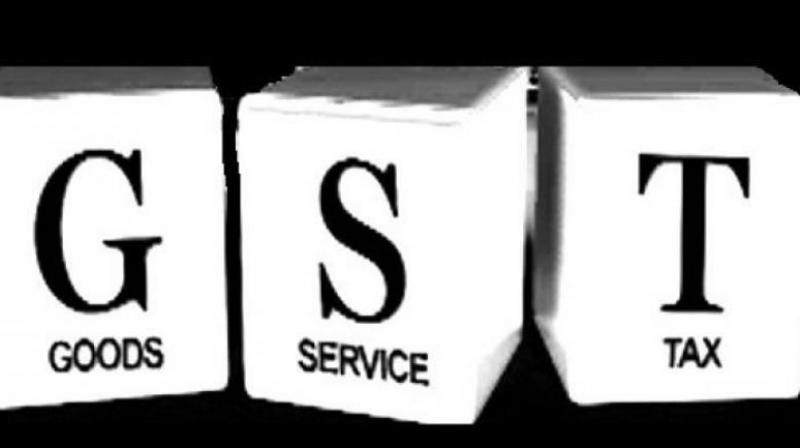GST: Gold, packaged food dearer
Finance minister Arun Jaitley exuded confidence that states are ready to implement the new indirect tax regime from July 1.

New Delhi: Biscuits, footwear and low-priced garments will get cheaper, the GST Council decided on Saturday. However, gold and gold jewellery and branded packaged food items will become costlier. The new indirect tax regime is likely to be rolled out from July 1.
Fabric for the first time will be taxed and has been put in the 5 per cent tax category. Rough diamonds will attract a tax of 0.25 per cent so that the government can track them to tackle black money.
The GST Council will meet again on June 11 to look at the representations of trade bodies who have sought lower tax rates for some essential items. A committee of officials will go through the proposals. The next meeting of the GST Council will also decided the tax for lottery.
Finance minister Arun Jaitley exuded confidence that states are ready to implement the new indirect tax regime from July 1. “I will stick to the target date,” Mr Jaitley said. On West Bengal refusing to pass the State GST Bill, he said: “I am sure they will.”
Kerala finance minister Thomas Isaac said everybody has agreed to a July 1 rollout. However, West Bengal finance minister Amit Mitra said the rollout from July 1 will have “serious problems” and there is no harm in delaying its implementation by a month.
To ensure that the benefit of lower tax rates under the GST is passed on to consumers and industry does not jack up prices, the GST Council decided to set up an anti-profiteering committee which will take up complaints and recommend actions. The committee will have officials from the central revenue department and also some state-level officials.
The GST Council decide to bring gold and gold jewellery at 3 per cent tax rate. Currently, most states levy 1 per cent VAT on gold (except in Kerala, where VAT is 5 per cent) and the Centre impose 1 per cent excise duty on it.
The GST Council decided to tax biscuits at 18 per cent. Currently overall tax incidence on biscuits priced below Rs 100 per kilogram is 20.6 per cent and those priced above Rs 100 per kilogram attract 23.11 per cent tax.
Footwear priced below Rs 500 will attract 5 per cent GST and those priced above Rs 500 will be taxed at 18 per cent. Currently footwear priced below Rs 500 is taxed at 9.5 per cent and tax for those priced above '500 varies between 23.1 per cent and 29.5 per cent.
Made-up apparel will attract 12 per cent GST but those priced below Rs 1,000 will attract 5 per cent GST.
Government officials said that currently apparel attracts around 12 per cent tax, so those priced below Rs 1,000 will become cheaper under GST.
As for fiber, silk and jute will be exempt from GST. Cotton and natural fiber and yarn will attract 5 per cent tax. However, man-made fiber and yarn will attract 18 per cent taxation.
Tendu leave will be taxed at 18 per cent and bidi at the highest rate of 28 per cent. Unlike cigarettes, there will be no cess on bidi.
On canteens run by defence services, where currently only excise duty is applied on products sold and there is no VAT, it was decided that GST will apply on the products. However, the Centre and states will refund 50 per cent of the GST back.
The GST Council clarified that solar panels will be taxed at 5 per cent and not 18 per cent. Solar panels were earlier put in both 5 per cent and 18 per cent tax brackets. It was also clarified that sports equipment other than those used in gyms will attract 12 per cent tax and gym equipment will be under 28 per cent tax bracket.
Revenue secretary Hasmukh Adhia said that for transition stocks, the government will refund 100 per cent excise duty for goods costing above Rs 25,000.
